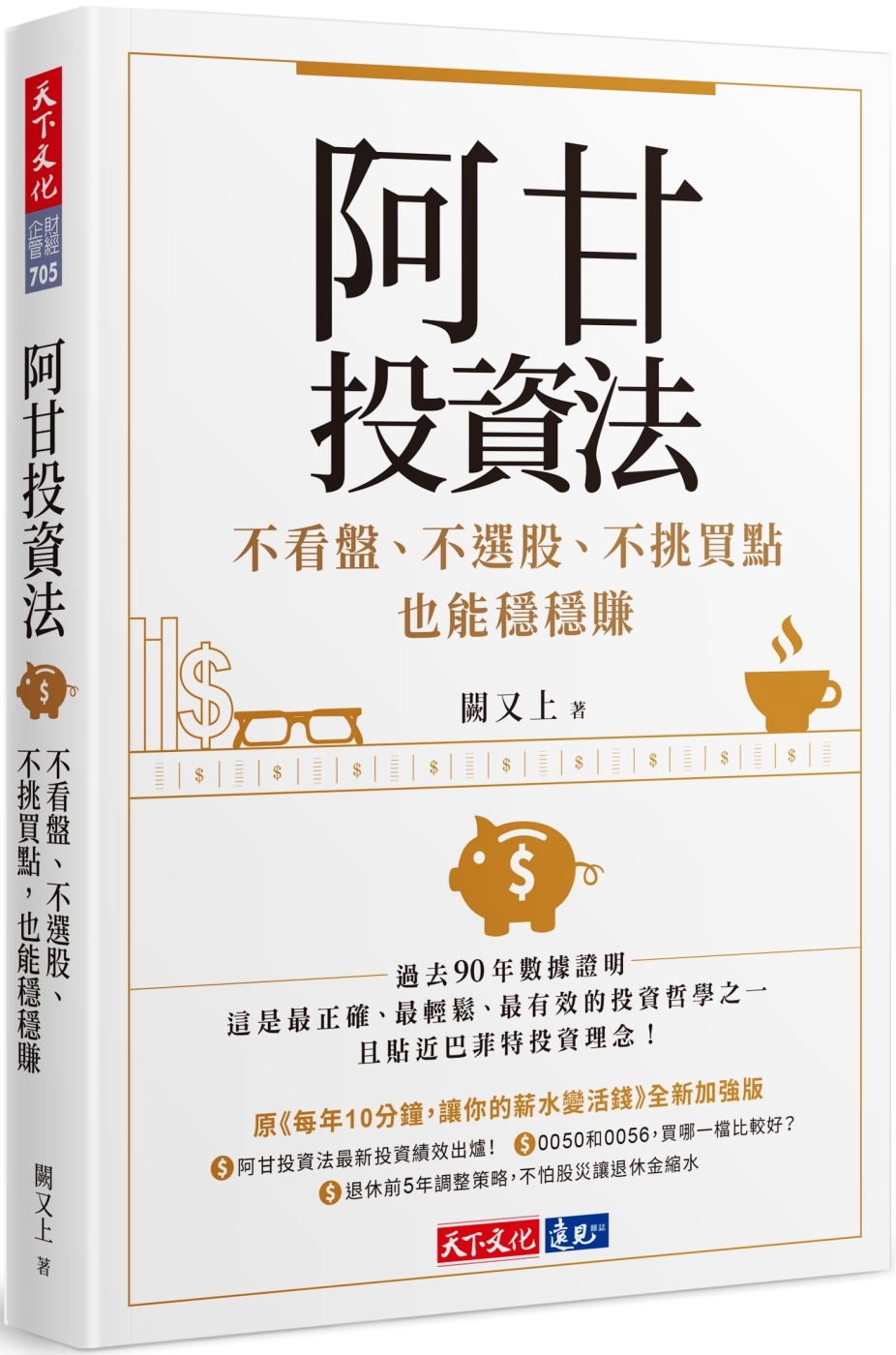We examine the effects of observational learning and naive advice on the quality of decision-making in interactive tasks and decisions with ethical aspects. Although many everyday decisions are influenced by receiving advice or by observing others, little is known about the comparative impact of these types of information. Chapter 1 introduces the topic, chapters 2 and 3 report the results of two experimental beauty-contest games in which either one or all subjects receive advice or observe others' past behavior. We find that subjects receiving advice outperform uninformed subjects permanently, whereas subjects who observe others before making their decision do only have a temporary advantage. Chapter 4 presents a tax-evasion experiment and distinguishes between advice of subjects and observing statistics about subjects that show either high or low compliance. Presenting such information increases evasion, even if it comes from the sample showing relatively high compliance. Advice has a bigger impact than observing others and subjects focus on selfish payoff maximization rather than morale when giving advice. Chapter 5 concludes."
| FindBook |
有 1 項符合
The Role of Naive Advice and Observational Learning in Economic Decision Making: Evidence from Economic Experiments的圖書 |
 |
The Role of Naive Advice and Observational Learning in Economic Decision Making: Evidence from Economic Experiments 作者:Wakolbinger 出版社:VDM Verlag Dr. Mueller E.K. 出版日期:2008-02-28 語言:英文 規格:平裝 / 100頁 / 24.4 x 17 x 0.5 cm / 普通級 |
| 圖書館借閱 |
| 國家圖書館 | 全國圖書書目資訊網 | 國立公共資訊圖書館 | 電子書服務平台 | MetaCat 跨館整合查詢 |
| 臺北市立圖書館 | 新北市立圖書館 | 基隆市公共圖書館 | 桃園市立圖書館 | 新竹縣公共圖書館 |
| 苗栗縣立圖書館 | 臺中市立圖書館 | 彰化縣公共圖書館 | 南投縣文化局 | 雲林縣公共圖書館 |
| 嘉義縣圖書館 | 臺南市立圖書館 | 高雄市立圖書館 | 屏東縣公共圖書館 | 宜蘭縣公共圖書館 |
| 花蓮縣文化局 | 臺東縣文化處 |
|
|
圖書介紹 - 資料來源:博客來 評分:
圖書名稱:The Role of Naive Advice and Observational Learning in Economic Decision Making: Evidence from Economic Experiments
|











